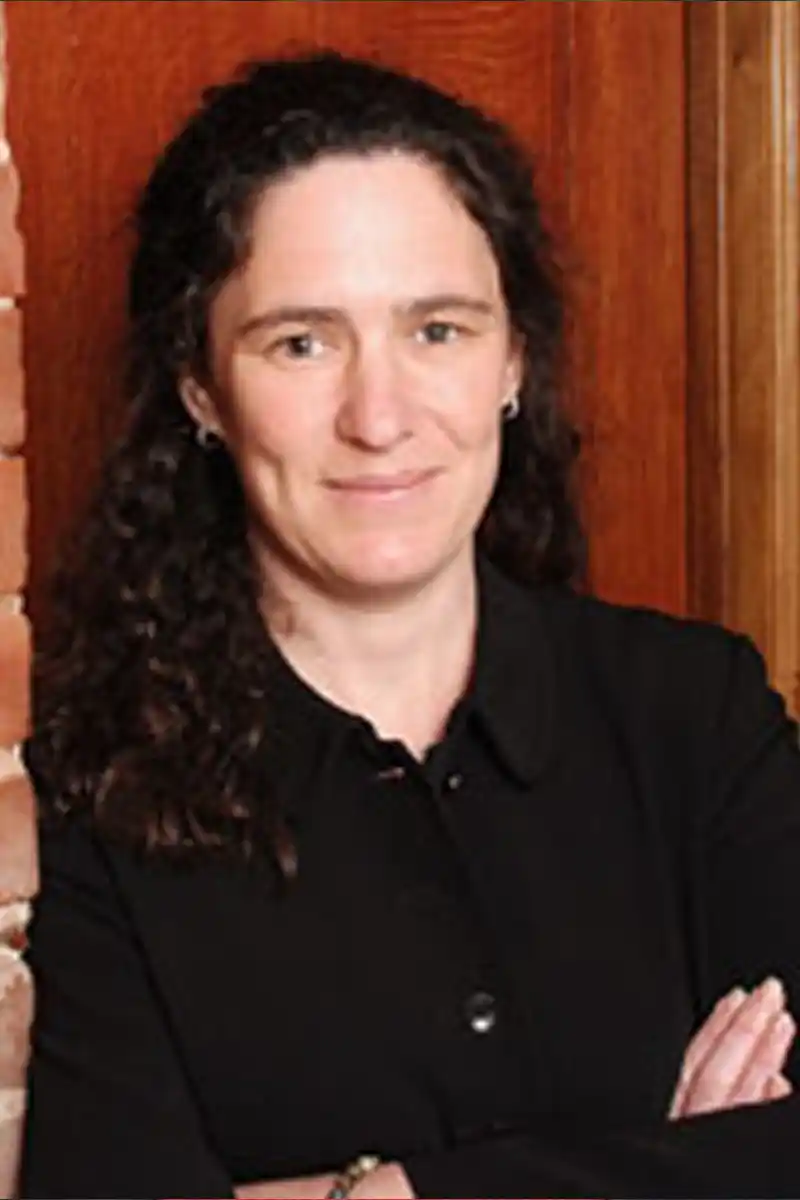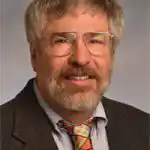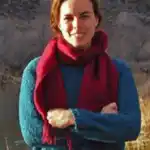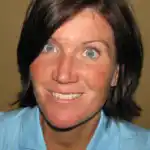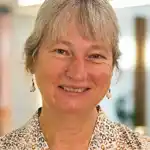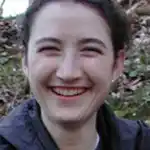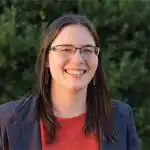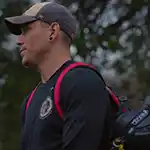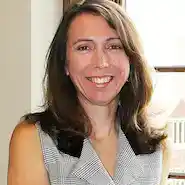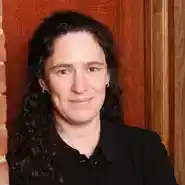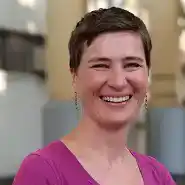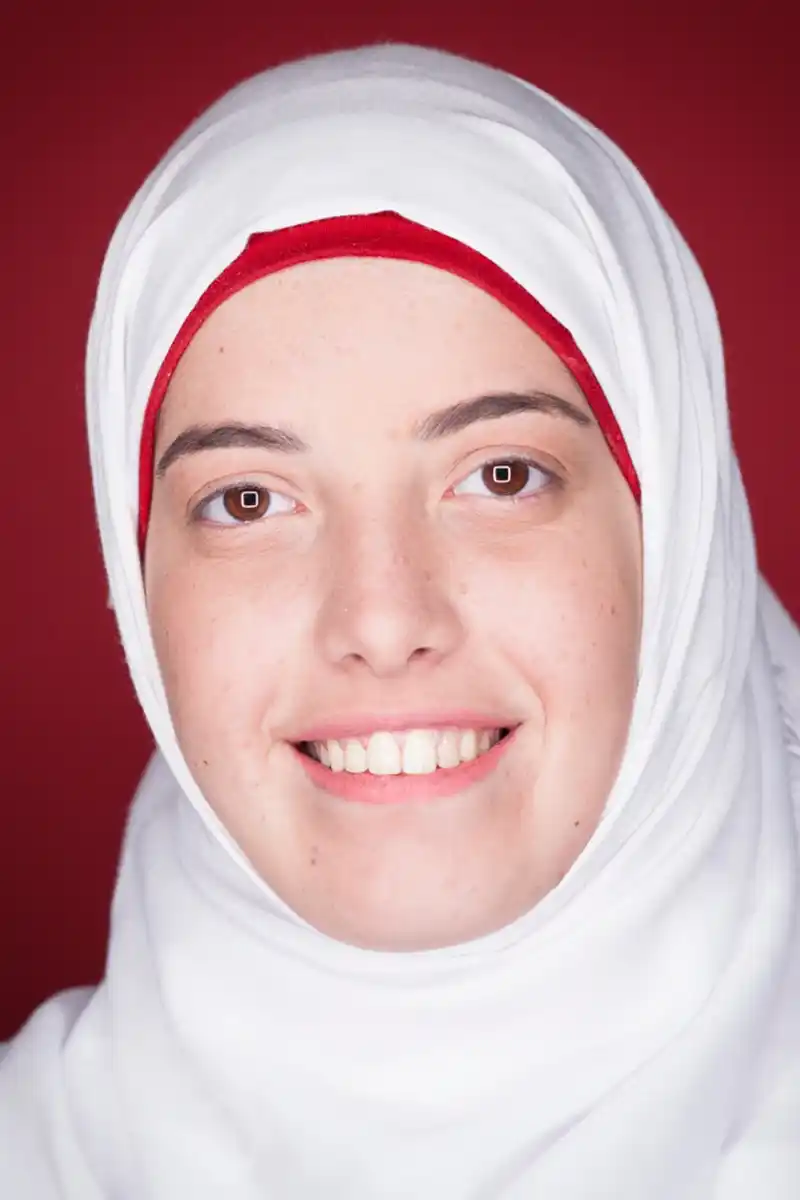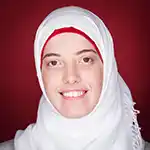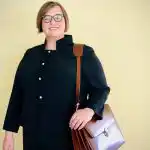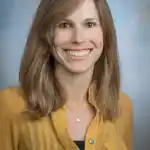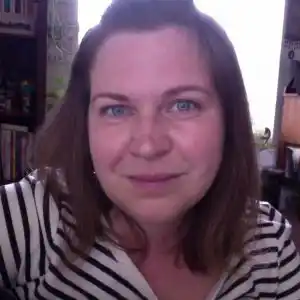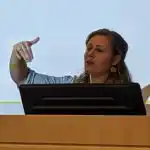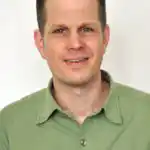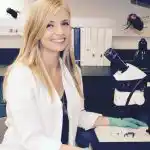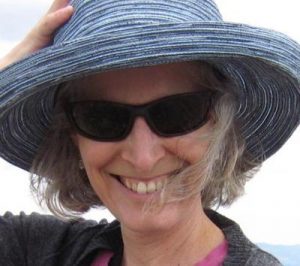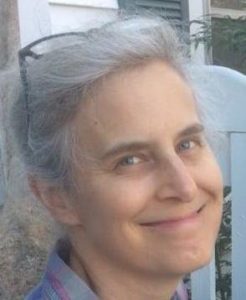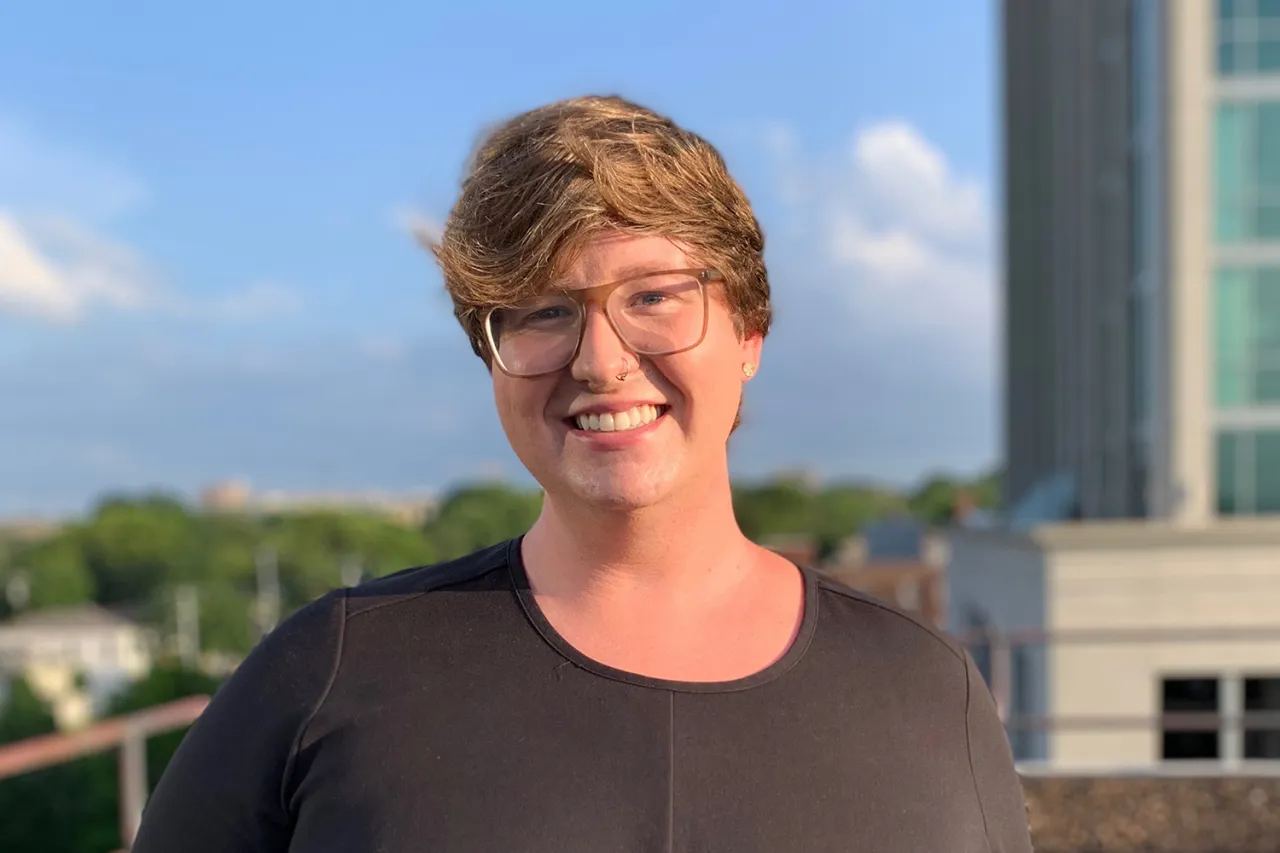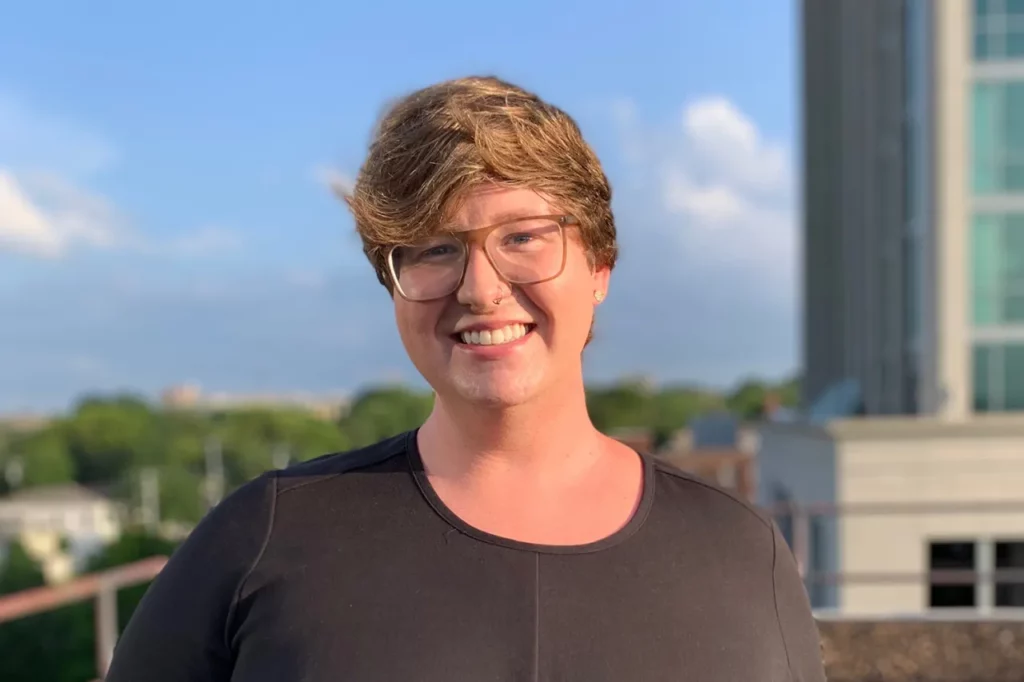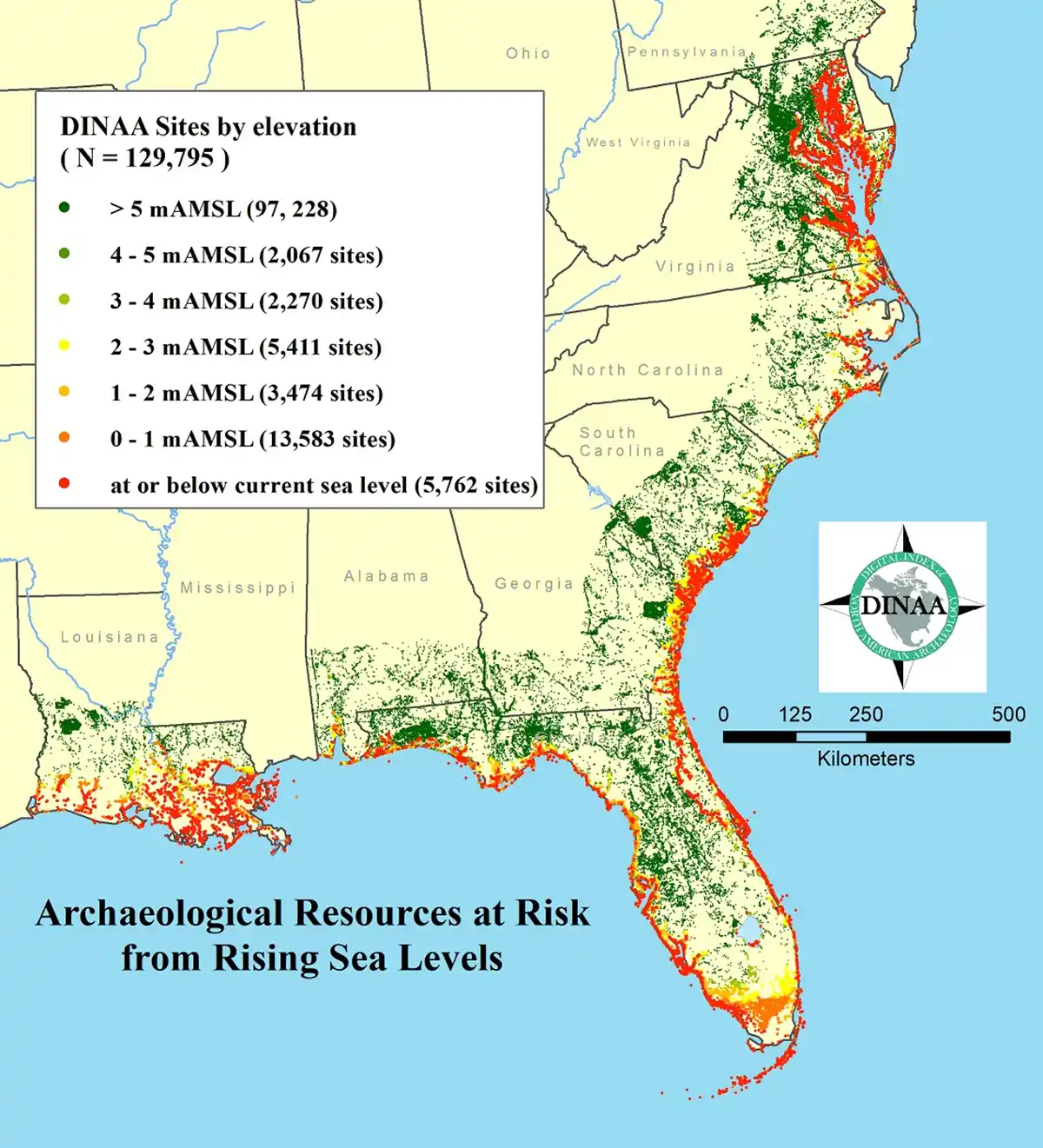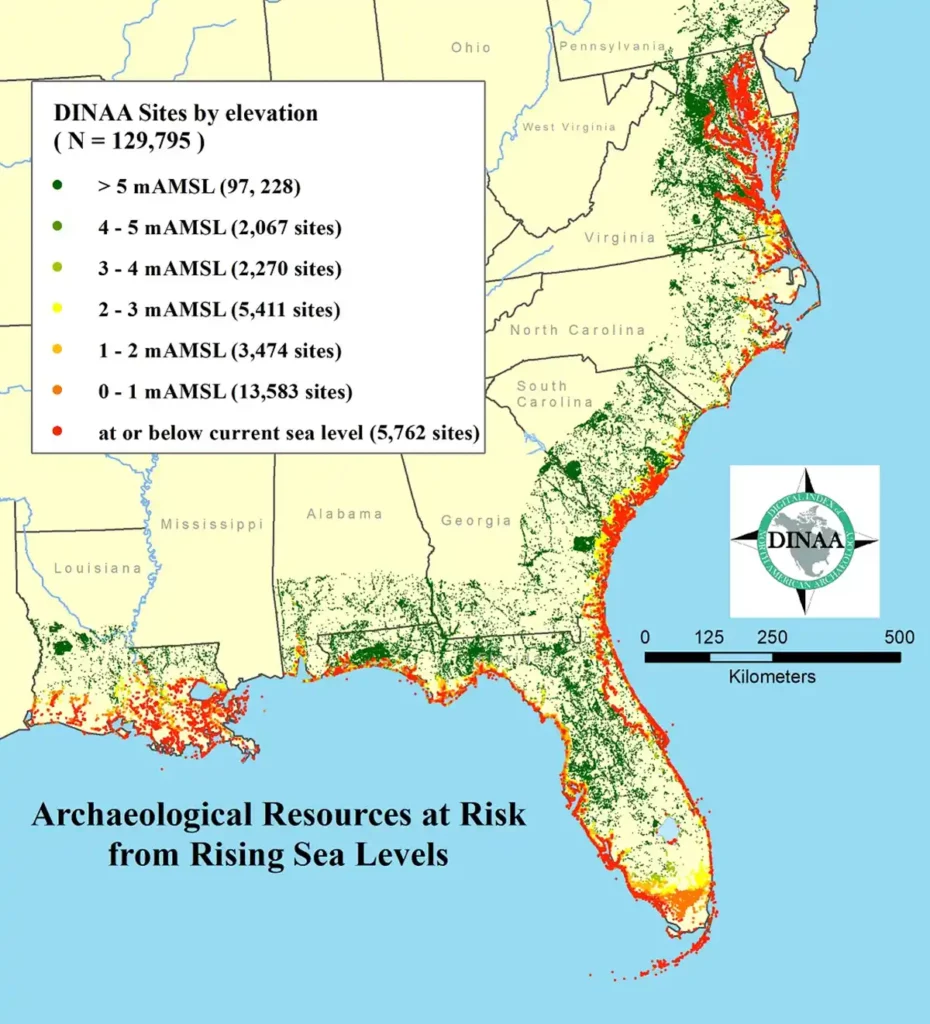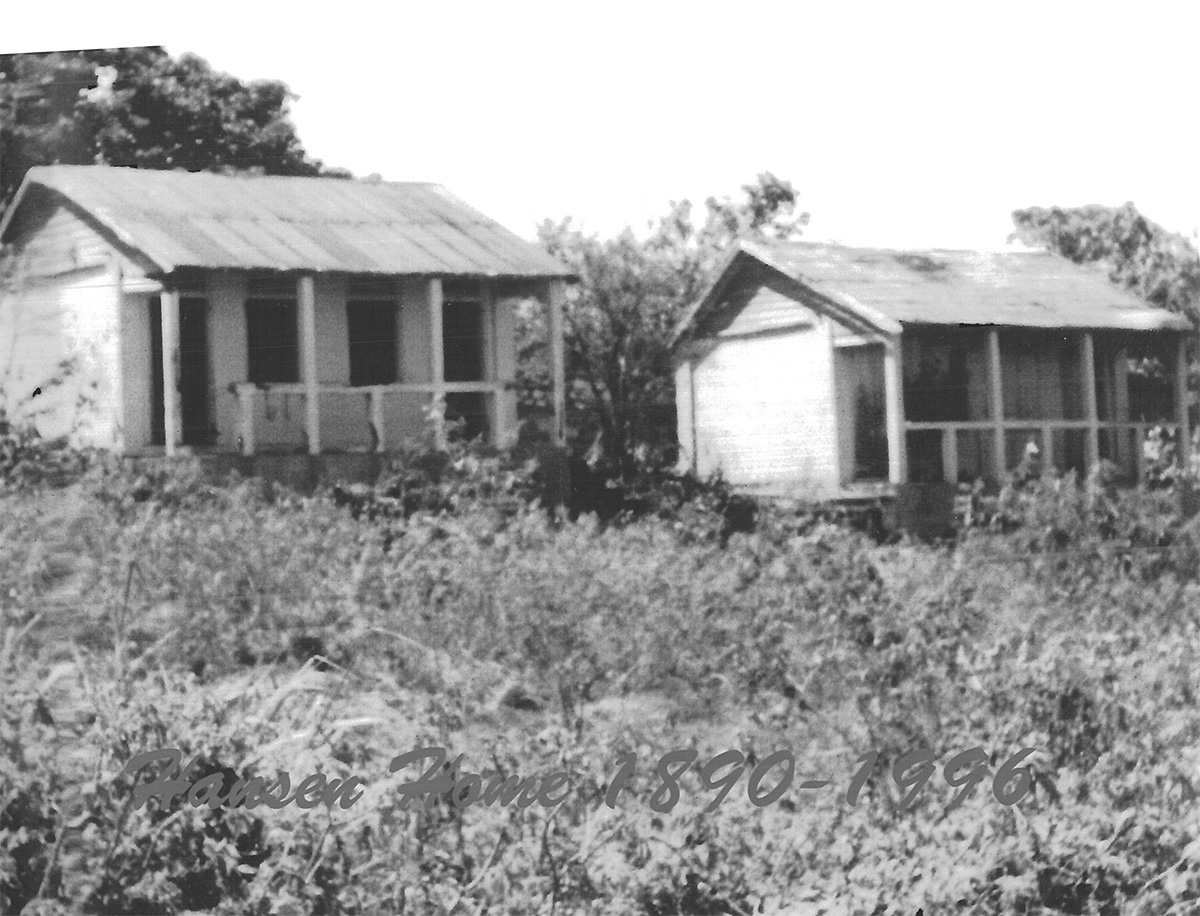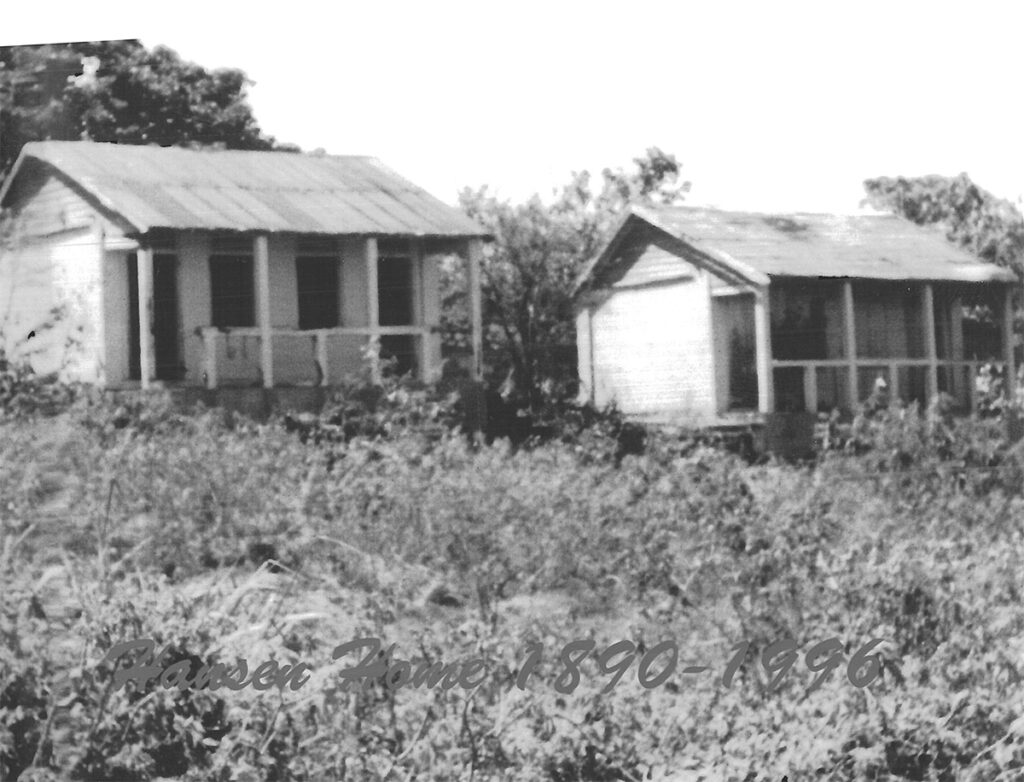Rising to Meet the Challenges


Acts of racial violence and the global COVID-19 pandemic shook the nation in 2020. In addition to these societal and healthcare crises, the economic fallout of the pandemic has increased precarity among graduate students nationally. Members of the Anthropology Graduate Student Association (AGSA) rose to meet these challenges and strengthen the UT anthropology department.
In late spring, AGSA Diversity Representatives Tatianna Griffin and Derek Boyd spearheaded efforts to craft an antiracism statement that asserts the department’s commitment to building a “welcoming, inclusive, supportive, and equitable space for BIPOC (Black, Indigenous, and People of Color) communities.” The statement, approved by a vote of the faculty, appears in full on our website. Griffin and Boyd also became founding members of the department’s new Diversity and Inclusion Council. In one of the council’s first actions, they created and distributed a departmental climate survey to all graduate students and advocated for workshops for faculty and students that will promote learning and conversation about practices and behaviors that can result in unequal treatment based on race, ability, or gender. These conversations, which began in December, will lead to new understandings and foster a more inclusive and equitable environment.
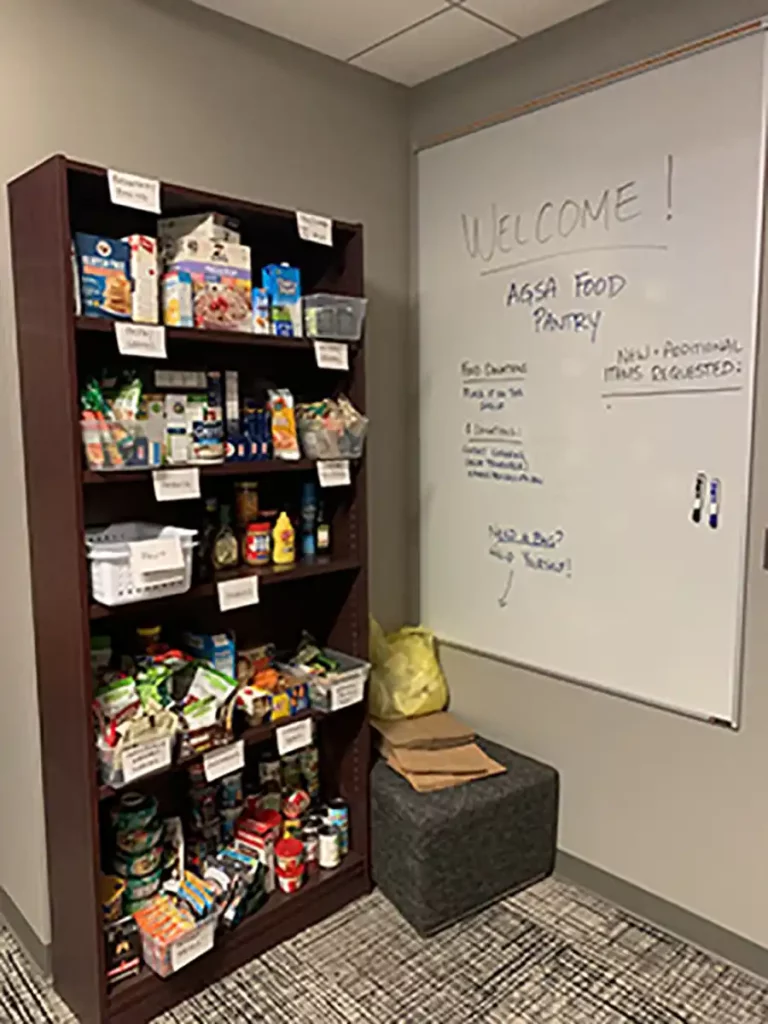
Under the leadership of the officers and board of AGSA, students are actively seeking solutions to the financial hardships of graduate student life, which have been made worse by the pandemic. In addition to working with campus governance structures and the union in advocating for increases in wages and benefits, AGSA members have taken the lead in supporting students’ basic needs. Starting in fall 2020, they partnered with the Undergraduate Anthropology Association (UAA) to set up a food pantry in a common room on the fourth floor of Strong Hall. Stocked by regular contributions from each group and from the faculty and staff, the pantry is open to all students in need.
“During one of our monthly AGSA meetings, we began talking about how we had raised enough in dues to begin lessening the financial burden that many students face in some small way,” said Rebecca Webster, AGSA president. “We decided a food pantry would be the best way to support all students with the funds we have. AGSA and UAA both donate $25 a month to stock the pantry.”
In addition to creating the food pantry, about 25 grad students participated in a “happiness exchange” last fall, organized by AGSA Social Chair Kelley Cross. COVID made it hard to have social events in person, so AGSA matched participants with a partner with whom they meet for Zoom conversations and exchange small gifts. Through this project, students are combatting isolation and building stronger connections.
